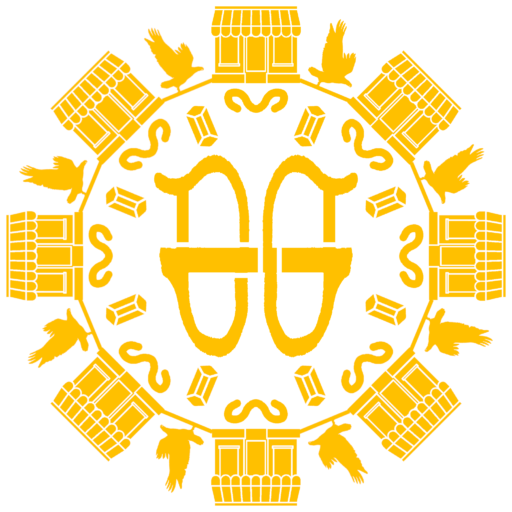What makes his name unique is that Hi Jolly is an Anglicized corruption of his original name, which was Hadji Ali. However, he was born as Phillip Tedro to a Greek mother and a Syrian father. During this time, his Greek nation lived under the rule of the Ottoman Empire. Both of his parents were Christians, but Phillip converted to Islam and partook in the Hajj, which earned him the name Hadji Ali.
During the 1850\’s, the U.S. Cavalry experimented with having a special camel corps. After winning the Mexican-American War, the U.S. was guaranteed territory which consisted of the American West. The attraction of gold in that part of the continent especially piqued the interest of the American military. They managed to get Hadji Ali into their ranks in order to lead this expedition across the desert terrain of the American West. Along with eight other Greeks, Hadji Ali arrived in the Port of Indianola in the Lavaco County of Texas.
There was difficulty by the predominantly Anglo-Saxon personnel in pronouncing Hadji\’s name, so he was referred to as Hi Jolly.
After spending months delivering supplies and mail, the United States abruptly stopped their camel project. There were growing tensions between the North and the South which eventually culminated into the American Civil War. As such, the military no longer prioritized the camels, so a lot of them were sent to zoos or set free to roam the desert. Hi Jolly continued his service to the military in spite of this abrupt ending to the experiment.
After passing away in 1902 in Arizona, a pyramid plaque was erected in his honor. While he was known for the remainder of his life by his original name, the name Hi Jolly was emblazoned upon the plaque. His reputation as the \”camel-man of the American West\” would inspire popular culture, such as the production of the film Hawmps! (1976).
Sources
- Frangos, Steven. \”Philip Tedro: A Greek Legend of the American West\”. helleniccomserve.com. 2006.
- zackofalltrades. Hi Jolly Monument. Atlas Obscura.
